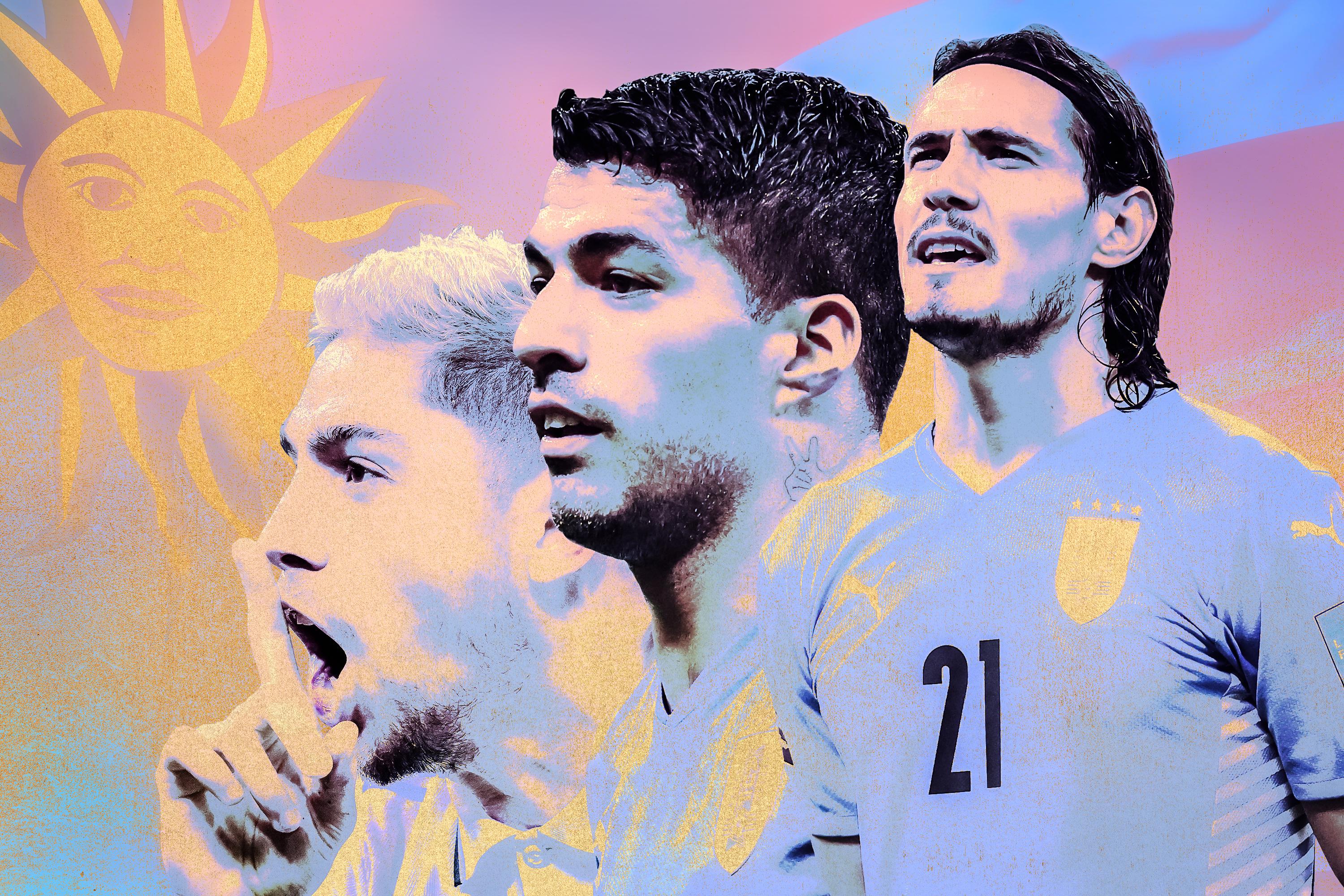If the FIFA World Cup is a famous, ancient text, then Uruguay is its scribe. This country has been there since the very inception of this global tournament, as faithful a witness of its growth and progress as any New Testament disciple, and whenever they qualify Uruguay plays one of its most treasured roles: that of “the gatekeeper”. The gatekeeper is the guardian of the World Cup’s highest standards: put simply, the moment you beat them, you are regarded as a legitimate title contender. They have somehow managed to achieve a consistent, almost ageless excellence in the field of combat, a little like Gandalf in J.R.R Tolkien’s Lord of the Rings.
Like Gandalf, their consistency is all the more remarkable for being outnumbered or outsized by their fiercest opponents. Despite having a population of about three and a half million people, Uruguay has won the World Cup and its immediate successor (the Olympic tournament, in 1924 and 1928) a total of four times. Though there was a period when they struggled to make it to the tournament, they have always been formidable when they get there; frequently reaching the second round, and often going further. They also seem to thrive in environments that would make most others despair. In 2010, with the will of seemingly an entire continent against them, they overcame Ghana in the quarter-finals in South Africa. In 1950, to the silent horror of almost a quarter of a million supporters in the Maracana Stadium, they beat the host nation Brazil in the final by two goals to one. This is not to mention their exceptional record of having claimed 15 Copa América titles, a record they hold with Argentina, and the fact they have won all eight tournaments that they have held in Uruguay. When they are on home soil, the message to their rivals is always the same: You shall not pass.
To be this good for this long, you must be masters of both renewal and regeneration. This year’s squad contains not only veterans, but those who are maturing in exciting fashion. In the former camp they have Fernando Muslera, Martín Cáceres, Diego Godín, Edinson Cavani, and Luis Suárez, each of whom will be competing at their fourth World Cup. In the latter camp, they have Darwin Núñez and Rodrigo Bentancur, who have shown increasingly assured finishing in recent weeks, and Ronald Araújo, the defender whose determination to drag himself back from injury is a constant inspiration. Most excitingly, they also have Fede Valverde, who on current form is one of the very best midfielders in the world. The provider of the assist that won Real Madrid last season’s UEFA Champions League, the scorer of numerous vital goals for them, Valverde is one of the most blue-collar wizards that modern football has seen, even more famous for his work ethic than the magic he produces. Whether he operates in a defensive role or further forwards, he simply does not care how his performance looks, so long as it brings his team victory. While Gandalf was all long-flowing sleeves and an elegant grey beard, Valverde is the type of wizard who would turn up to battle in a pair of overalls, looking as if he had been dragged backwards through brambles; his wand tucked behind one ear, his face smudged with ink from scribbling down a new set of spells.
For all their technical gifts, Uruguay is generally not a team to overwhelm opponents with a flurry of goals. More often than not, their victories tend to be a thing of visibly arduous toil, even as they have been illuminated over the years by the brilliance of stars such as Enzo Francescoli—the winger so bewitching that Zinedine Zidane named a son after him. In terms of their style of play, they are frequently somewhere close to Diego Simeone’s Atlético Madrid at their peak: a smart, efficient unit, who create the platform for a couple of exceptional soloists to flourish in attack. In their coach Diego Alonso—who himself starred for Atlético Madrid in 2001-02—they appear to have a promising successor to the great Óscar Washington Tabárez, who led Uruguay for 15 years.
In their group in Qatar, they will need all the resilience they can muster. The World Cup’s chief gatekeepers are about to encounter significant barriers of their own. They will face Ghana, South Korea, and Portugal, each of whom would be worthy second-round opponents, and who all feature elite attackers in their ranks: Mohammed Kudus and Iñaki Williams for Ghana, Son Heung-min for South Korea, and Rafael Leão, João Félix, and Cristiano Ronaldo for Portugal. Whoever prevails from that group will be as battle-hardened as any side left in the competition: whether or not Uruguay go through, they will again have represented the supreme test. They have joined, returned to, and remained at football’s high table for almost a century, and have won more World Cup glory per capita than any footballing nation on the planet. There can be no greater achievement than that.
